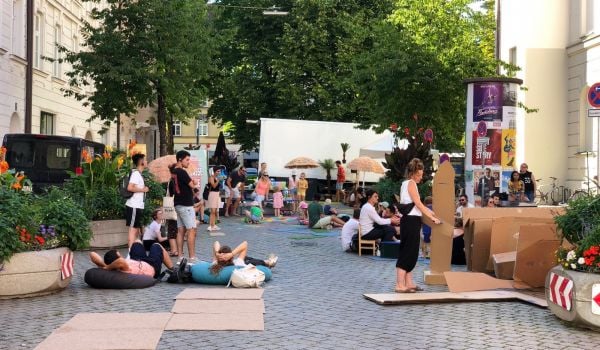The Spanish word ciudadanía translates literally as “citizenship” but carries a very different connotation than its English equivalent. While the word citizenship is usually appended to nationality — as in “U.S. citizen” — ciudadanía encompasses a richer set of meanings that Antanas Mockus, former mayor of Bogotá, calls “the right to have rights.” For the first time, Mockus’ Citizenship Culture Survey (CCS), a diagnostic tool that has been implemented in over 50 cities, has entered the English lexicon with a San Diego-Tijuana edition. The results of the survey — this was the first binational iteration — came out this month.
Operating under the philosophical premise that top-down interventions from municipal authorities can alter social norms, Mockus developed the CCS as a methodology to better understand civic attitudes and ferret out the problematic ones. For example, a city whose residents don’t value human life might end up an exceptionally violent one — like the Colombian capital that Mockus inherited in 1995 — that demands a public policy response. Mockus led two successful mayoral administrations that operated on this premise. His famous stunts included hiring mimes to direct traffic in order to change behavior around stoplights, and dressing up in a red cape as Supercitizen to highlight how civic behavior should be a point of pride.
Even if local public opinions are widely understood, today’s urban governance is data-driven. To that end, Mockus founded an NGO after retiring from politics called Corpovisionarios, which has steadily cultivated a database of attitudes on issues of legal culture, behavior regulation systems, mobility, tolerance, tax culture, public safety, agreements, civic participation, mutual regulation, public trust and victimization. It includes data from 45 cities across Colombia, an additional 10 cities across Latin America, and recently Stockholm.
San Diego-Tijuana entered the mix at the invitation of architect and urban designer Teddy Cruz and political theorist Fonna Forman. “We have been working with Antanas Mockus for many years under the theory that changing harmful practices in communities from village scale to city scale requires intervening at the level of human behavior, of norms,” says Forman.
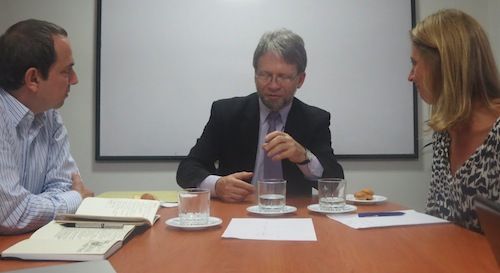
Antanas Mockus (center) meets with Teddy Cruz and Fonna Forman.
The pair have used their respective posts at the University of California-San Diego to push for improved social equity in the beachside city, most recently through San Diego’s now-defunct Civic Innovation Lab. They also argue for a radical revision of the relationship between the California city and its Mexican neighbor, which together form the world’s largest binational metropolitan area with over 100,000 people crossing back and forth daily — the busiest border on the planet.
The Ford Foundation funded the Binational Citizenship Culture Survey in recognition of nascent efforts at cross-border collaboration. The mayors of San Diego and Tijuana recently signed a memorandum of understanding, for example, and Cruz and Forman hope that the Rockefeller Foundation will support a first-ever binational resilience office to serve the San Diego-Tijuana metropolitan area. (Disclosure: Next City receives funding support from the Ford Foundation and the Rockefeller Foundation.)
As a binational version, the survey included a module that focused on shared values and social norms that would help measure the extent to which there exists a cross-border citizenry. “As a cross-border city, this study could be replicated in other border environments,” Forman says.
The results, meanwhile, give credence to the concept of a cross-border citizenry. San Diegans had a more favorable opinion of Tijuanenses than Tijuanenses have of themselves. A significant majority in both cities — though generally more San Diegans — believe that the two cities should collaborate on issues of border efficiency, public safety, environment, economic development, health and well-being, and disaster prevention.
At the same time, the differing cultural meanings of citizenship remain a challenge. An “us” vs. “them” dynamic plays out in part because San Diego County is one of the richest in the world and yet abuts some of the poorest informal settlements in Latin America. To Mockus, this dynamic has resulted in some skewed attitudes. “Something that impressed me a lot is that defense of property as a justification for illegal behavior is much higher in San Diego than in the rest of Latin America,” he says. “I believe the concept of citizenship in the U.S. is behind the times as compared to Latin America.” Nevertheless, he hopes that the survey will expand to other U.S. cities in order to push the Corpovisionarios concept of citizenship.
For their part, Forman and Cruz hope to inculcate a more progressive attitude locally. “The key norm is that human beings, regardless of formal legal citizenship, race or socioeconomic status, equally deserve a right to quality of life,” Forman argues. That principle has underlined their innovative work reshaping public space and engaging marginalized neighborhoods in San Diego, which will be abetted by the survey results.
Cruz, meanwhile, envisions the next step for the survey. “The goal is to produce a very powerful cross-border civic council that can steward this resource,” he says. Such a council — including representatives from municipal governments but not dominated by them — would thus balance the top-down interventions with a bottom-up approach. Domestic violence in Tijuana is likely to be the first priority, as the survey revealed laissez-faire attitudes toward such abuse that were off the charts.
“This survey is almost like a mirror for these two cities to look at themselves critically,” Cruz explains. “When the Mayor of Tijuana saw that his city is the most macho in Latin America, the most homophobic city that Corpovisionarios has ever studied, has the highest acceptance of violence against women — he was shocked.”

Gregory Scruggs is a Seattle-based independent journalist who writes about solutions for cities. He has covered major international forums on urbanization, climate change, and sustainable development where he has interviewed dozens of mayors and high-ranking officials in order to tell powerful stories about humanity’s urban future. He has reported at street level from more than two dozen countries on solutions to hot-button issues facing cities, from housing to transportation to civic engagement to social equity. In 2017, he won a United Nations Correspondents Association award for his coverage of global urbanization and the UN’s Habitat III summit on the future of cities. He is a member of the American Institute of Certified Planners.


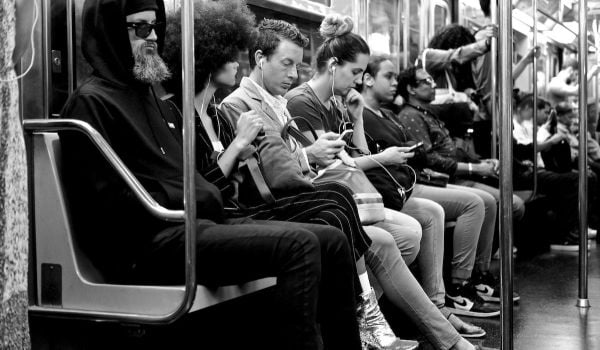


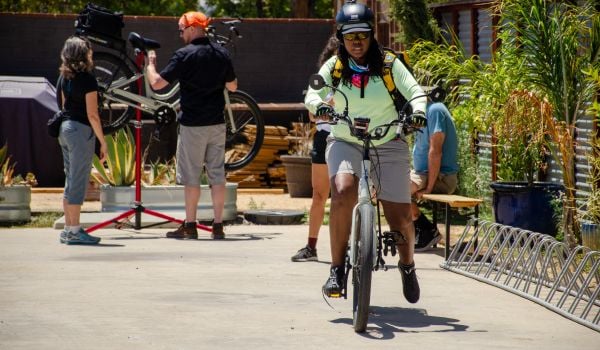
_600_350_80_s_c1.jpg)
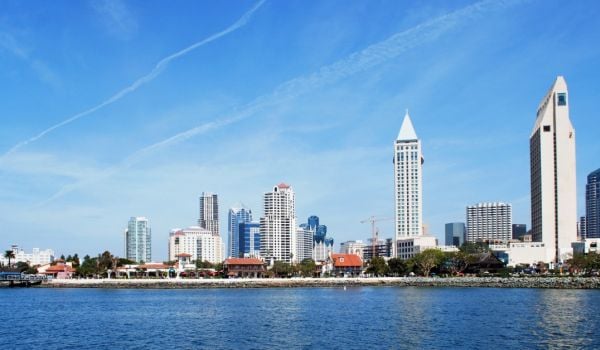
_600_350_80_s_c1.jpg)
